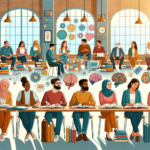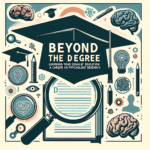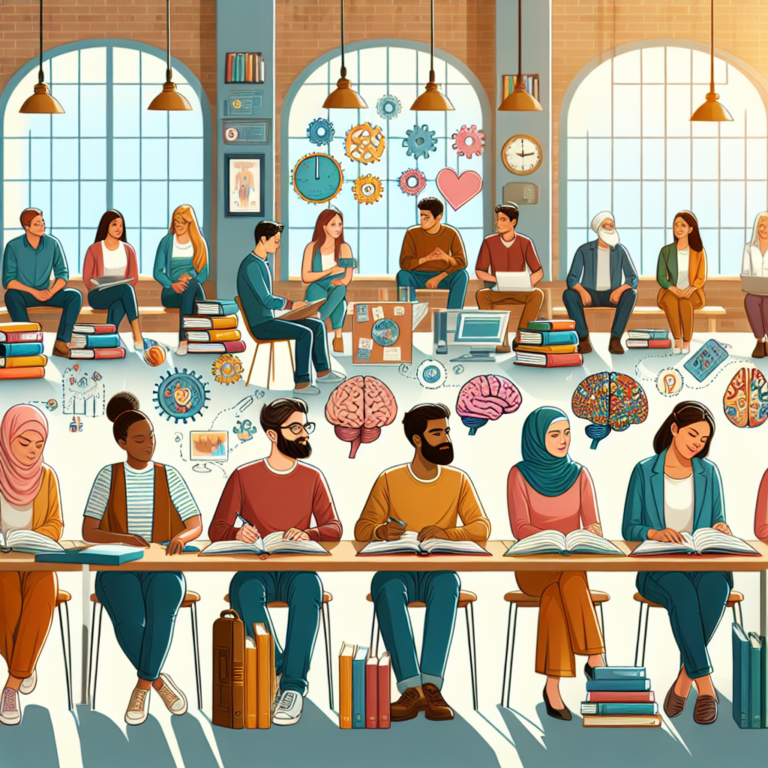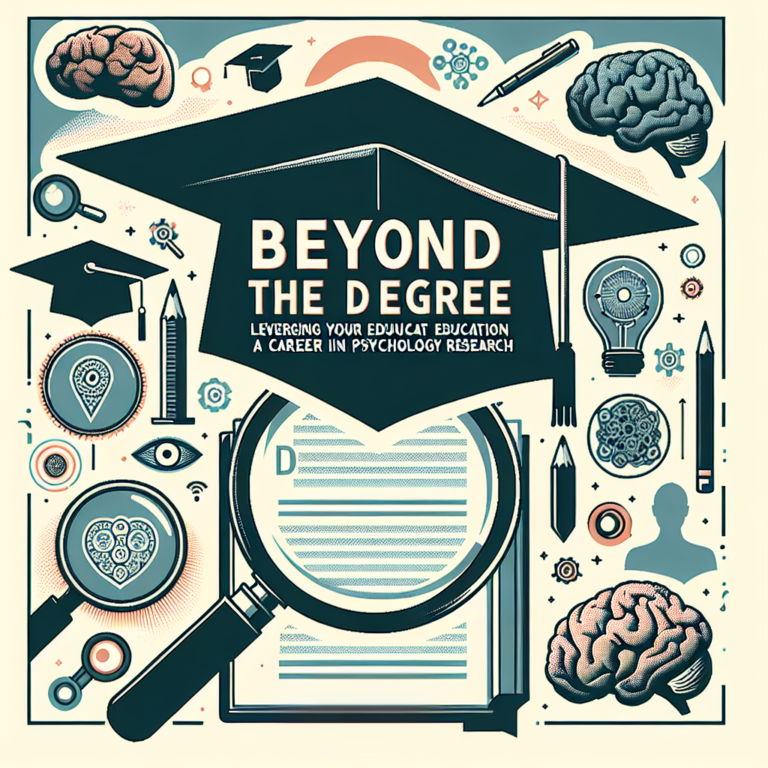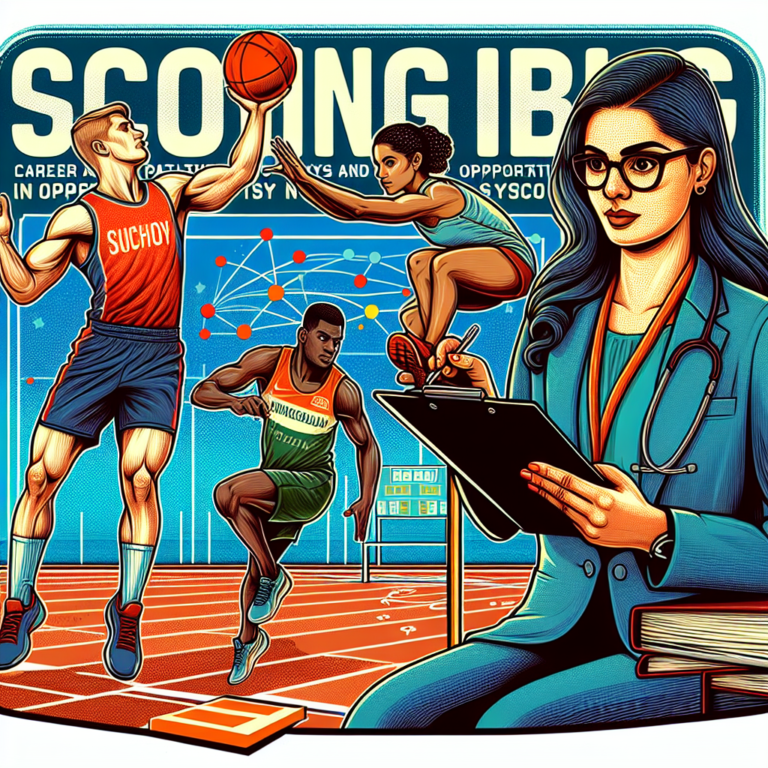Introduction
In an age where neuroscience plays an increasingly vital role in understanding human behavior, emotions, and cognition, the work of neuropsychologists has never been more relevant. Welcome to The Neuropsychologist’s Notebook: Daily Life in the Brain Science World, a fascinating journey into the inner workings of the human brain through the lens of professionals dedicated to decoding its complexities. This article will delve into the everyday experiences of neuropsychologists—how they navigate their roles, the challenges they face, and the groundbreaking insights that emerge from their studies.
A Day in the Life: The Neuropsychologist’s Routine
Morning Rituals: Setting the Stage for a Day of Discovery
The morning for a neuropsychologist often starts with coffee and a casual review of the latest brain research articles. For instance, Dr. Sarah Chen, a clinical neuropsychologist, emphasizes the importance of staying informed about advancements in her field. “Reading the latest studies can inspire new treatment approaches,” she says.
In her notebook, she scribbles down key findings, connecting them to her patient work. This habit not only enhances her knowledge but also fuels the conversations she’ll have throughout the day—whether with colleagues or patients.
Clinical Sessions: Diagnosing the Mind’s Mysteries
Clinical neuropsychologists often spend a significant portion of their day working with patients. During these sessions, they conduct assessments to evaluate cognitive skills, emotional states, and behavioral patterns.
Case Study: The Impact of Cognitive Assessments
Consider the case of John, a 43-year-old man who suffered a concussion during a sports game. Through a series of neuropsychological tests, Dr. Chen identified deficits in memory and attention, linking them to his injury. This allowed for tailored cognitive rehabilitation strategies.
| Assessment Type | Purpose |
|---|---|
| Memory Tests | Evaluate short- and long-term memory |
| Attention Tests | Assess the ability to focus and sustain attention |
| Executive Function Tests | Determine planning, reasoning, and problem-solving abilities |
This real-world application underscores the critical role neuropsychologists play in helping patients reclaim their cognitive functioning after injuries.
Lunch Break: Networking and Growth
During lunch, neuropsychologists often gather to share insights and discuss ongoing research. This communal exchange of ideas can lead to breakthroughs in clinical practices. Dr. Chen recounts how a casual chat about the psychology of stress led her to integrate mindfulness techniques into her therapeutic approach.
“Networking is key in our field,” she notes. “Sometimes, the best ideas come from casual conversations.”
Afternoon Insights: The Research Component
Balancing Clinical Work with Research Endeavors
Post-lunch, many neuropsychologists devote their time to research, analyzing data from clinical trials, or writing papers for academic journals. This synergy between research and practice is crucial in advancing the field.
Case Study: Understanding Neuroplasticity
Dr. Chen’s latest research focuses on neuroplasticity—the brain’s ability to reorganize itself in response to new information or injury. Through a longitudinal study involving patients undergoing cognitive rehabilitation, she found that targeted mental exercises can enhance neuroplasticity.
The Role of Technological Advancements in Neuropsychology
In today’s digital age, neuropsychologists are leveraging technology to enhance patient care. Neuroimaging tools like fMRI (functional Magnetic Resonance Imaging) allow for real-time monitoring of brain activity, providing invaluable information about cognitive processes.
| Technology | Benefits |
|---|---|
| fMRI | Visualize brain activity linked to specific tasks |
| EEG | Monitor electrical activity to assess brain function |
| Cognitive Training Apps | Offer interactive platforms for cognitive exercises |
The incorporation of these technologies not only aids in patient understanding but also enhances therapeutic outcomes.
End-of-Day Reflectivities: Documenting Insights
As the day winds down, neuropsychologists like Dr. Chen often dedicate time to update their notebooks. Documenting thoughts, patient progress, and research findings not only aids personal reflection but also contributes to the broader understanding of cognitive health.
Conclusion: Embracing the Journey of Discovery in Brain Science
The world of neuropsychology is complex, yet incredibly rewarding. Through dedicated work and continual learning, neuropsychologists strive to unravel the mysteries of the human mind. The Neuropsychologist’s Notebook: Daily Life in the Brain Science World offers a glimpse into this dynamic profession, highlighting the importance of research, clinical practice, and collaboration.
To stay inspired, remember that the journey in brain science is a marathon, not a sprint. Each day offers new insights and opportunities to enhance our understanding, making every moment spent in the field meaningful.
FAQs
1. What is the primary role of a neuropsychologist?
Neuropsychologists assess and diagnose cognitive and behavioral issues related to brain functioning, often working with individuals who have experienced brain injuries or neurological conditions.
2. How does neuropsychology benefit rehabilitation?
Neuropsychology plays a critical role in rehabilitation by providing tailored cognitive training and therapies based on individual assessments, helping patients recover lost skills.
3. What kinds of assessments do neuropsychologists use?
Common assessments include tests of memory, attention, executive function, and language capabilities, tailored to each individual’s needs.
4. How important is research in neuropsychology?
Research is vital in neuropsychology, as it drives evidence-based practices and helps in understanding new treatments and interventions for cognitive issues.
5. What advancements in technology are impacting neuropsychology?
Technological advancements like neuroimaging, virtual reality, and cognitive training apps are enhancing both assessment and treatment modalities in neuropsychology.
In conclusion, diving into The Neuropsychologist’s Notebook: Daily Life in the Brain Science World reveals a field marked by continuous discovery, collaborative inquiry, and profound impact on human life. Embrace the journey, as each day holds the potential for illuminating insights that can change lives.
